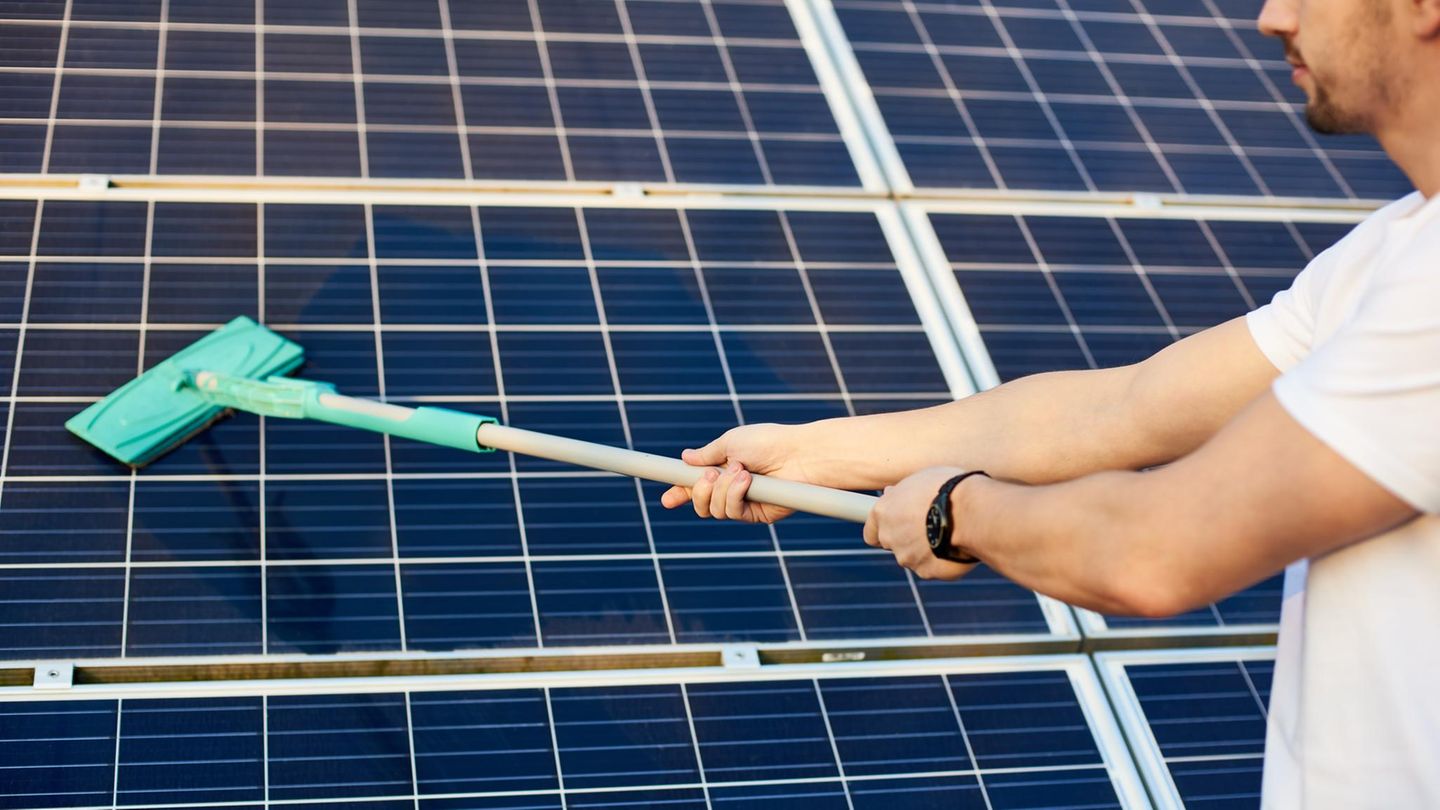Menu
Clean the solar panels: The best aids and home remedies
Categories
Most Read
Why the price of gold could rise even more dramatically
October 18, 2025
No Comments
The widow’s pension is offset against your own pension
October 18, 2025
No Comments
Migration of companies: shareholder advocates support Merz’s push for a European stock exchange
October 18, 2025
No Comments
What are the modifications that are coming?
October 17, 2025
No Comments
Delinquencies in families rose in August for the tenth month in a row and reached a record of 6.6%
October 17, 2025
No Comments
Latest Posts

New bike park in Wels to mark the anniversary of the leisure facility
October 18, 2025
No Comments
The new bike park will be inaugurated by world-class rider Dominic Grill. Children can look forward to new slides and additional play equipment. The final

Crisis in France: S&P lowers rating: France is threatened with higher interest payments
October 18, 2025
No Comments
AngelicaI am an author and journalist who has written for 24 Hours World. I specialize in covering the economy and write about topics such as

Table tennis: 3-0 against Portugal: German women in the European Championship final
October 18, 2025
No Comments
PierceI am Pierce Boyd, a driven and ambitious professional working in the news industry. I have been writing for 24 Hours Worlds for over five
24 Hours Worlds is a comprehensive source of instant world current affairs, offering up-to-the-minute coverage of breaking news and events from around the globe. With a team of experienced journalists and experts on hand 24/7.

